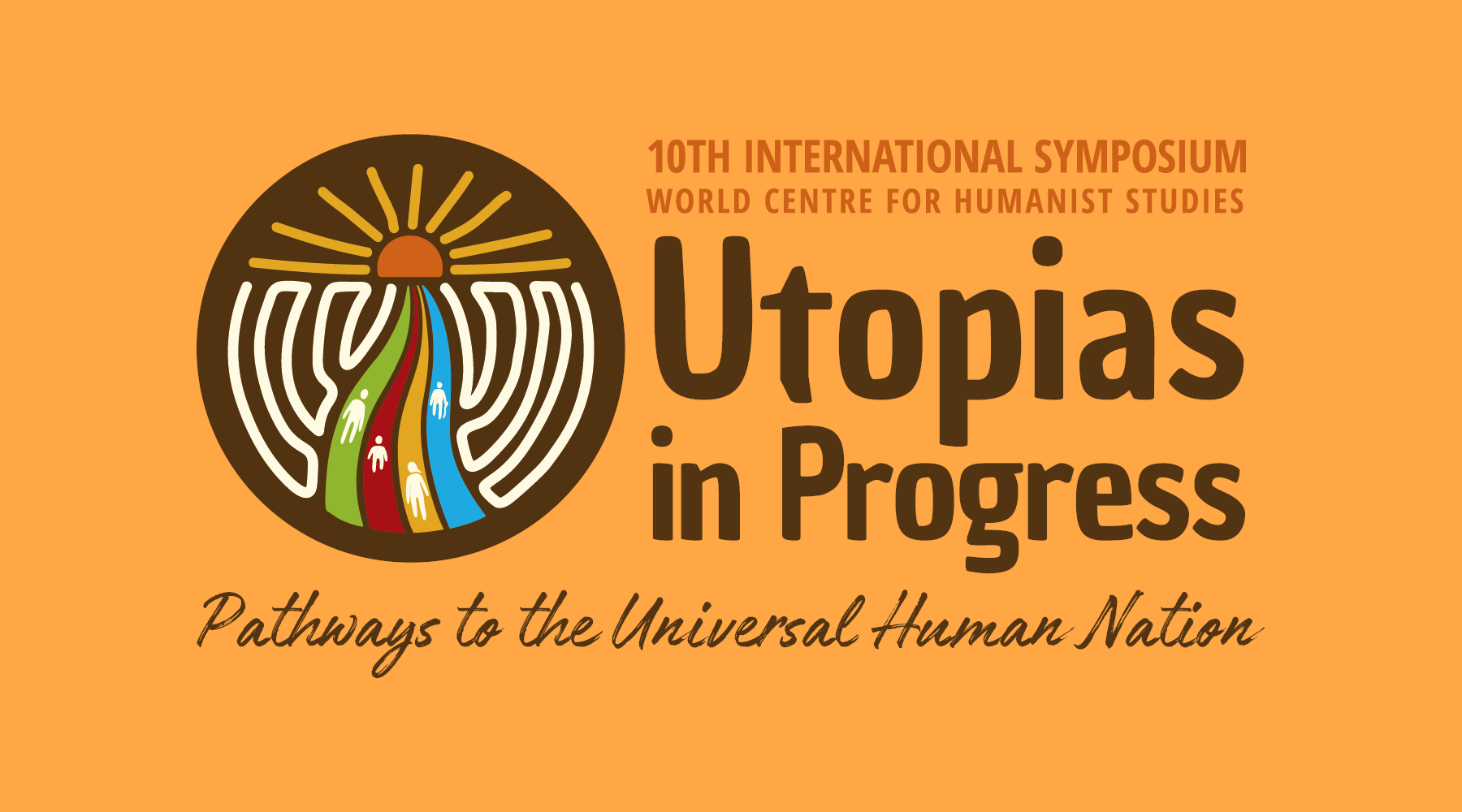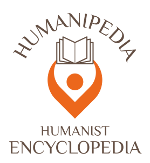Tomás Hirsch (Chile)*
At present relationships between ethics and politics are really complex and even tortuous. So much so both seem to be opposite and apparently incompatible universes. Almost every human activity has a well defined ethical code: there is a journalistic code, a medical one, and so on to every one different activity human beings must develop along life. On the opposite, politics is the only one activity which seems to be ruled by a kind of implicit pragmatism that seems to depend, almost exclusively from convenience, no-man’s-land that leaves an open door to any kind of corruption. But this way of raising public activity has finally taken the bill back to it’s representatives in front of the society; and the ethical discredit of political class is evident, specially among the youngest people, who apparently have given their lapidary and irreversible verdict: “politicians are despicable corrupts and we can’t count on them for anything”. Once it has been told, they have turned their back on power, abstaining them from participating in political fights.
Nevertheless, this lack of participation of new generations in public life, this kind of young silence or withdrawal, is really serious to societies, because they lose their chances of a natural renewal, they become old, and consequently their creativity to find new answers to complex problems they must face progressively, lows. This single reason could be enough to justify a deep reflection about what should be done to get credibility of people back to political activity. Let’s do it, then, starting with a little bit of history.
For Greeks, and specially for those two foundations of occidental thought, Plato and Aristotle, ethics and politics were indivisibly linked. Virtuous citizens produced virtuous societies, and on the opposite, virtuous societies produced virtuous citizens. For them, the moral and political dimension of a person were indivisible, because they thought that the aim of a person just may be found into the frame of the community where he belongs. Starting from that conviction, both of them, each one on his own way, reflected deeply about the way societies ruled themselves and their leaders’ behavior, in a perfect balance between both environments, personal and social, and that made possible the rapprochement to the virtuous circle described above. But that position wasn’t restricted just to the intellectual practice as it was also intensively experienced by philosophers. So, Socrates took part as a soldier on the Peloponnese war and Aristotle was Alexander the Great’s master. This explains why this military had a conciliating and integrating behavior towards the defeated Persian people, even against the opinion of the members of his own army.
In any case, I take this opportunity to clear that I don’t pretend idealizing Greek culture at all, and that I am aware of it’s limitations, as for instance, that only a small percentage of it’s population was considered as citizen with full rights (a sixteenth); most of people couldn’t take part of that. That’s not fair, as it is not fair either to make a treaty about virtuous behaviors while slavery is being justified. But that is the starting point we count on and these contradictions just evidences the complexity of the relationship between ethics and politics (1).
The echoes of history never stop surprising us and seem to support Nietzsche and his everlasting return. The next historic period named Hellenistic, from which Alexander was one of it’s main characters, was characterized by a strong internationalization of Hellenic culture with the logical weakening of city-states, main basis of Greek life, very similar phenomena to the present crisis of national states, as a consequence of globalization’s advance. Then, the concept of citizen, so typically Greek, was disappearing and reciprocal relationships between social and personal were broken. From that moment a new identity was born directed towards the person.
In a very superficial view (I ask for forgiveness to historians), in political terms, Middle Ages was characterized by fight between divine power, represented by the Church and temporary power, represented by Monarchy. Societies had become vertical and in political fights people had almost no participation at all. At that point power came from God, not from communities, people with power agreed with that, discussion passed by determine who had to administrate this power.
Nicolas Machiavelli who was a humanist of Renaissance, was the first one who raised the problem from the point of view of systematic analysis, as political science. In his book The Prince the deep contradiction between personal ethics and state reason that may justify any means is already clear. It is not any more about a reflection “in abstract” but from concrete political action. And it doesn’t mean the Florentine justifies anything, as it has been intended to think later, but he hereby affirms that the leader may (and must) renounce to his personal convictions to preserve the state he rules, using every means at hand. In this way, the age of double standards and private and public became definitely dissociated. Also professional political appeared and power moved away from people, for ever (2).
From that moment on (and sheltering himself in poor Machiavelli), access to power and it’s later control has justified (justifies) almost anything: violence, corruption, manipulation, betrayal, etc. Platonic “government of the bests” (so extolled by Nietzsche) has ended on it’s opposite, it means, the government of the worsts, according to citizen’s perception. But the most serious problem seems to be that deep inside, except for some few cases, as governments represented by our good fellows from Bolivia and Ecuador, here with us, people doesn’t believe either that “good men” have strength and capacity enough to administrate efficiently the state, so, they go on voting for the bad ones. Then, no matter how trustful you are, you may not be credible and then they don’t vote for you; and, deducing from that apparently contradictory people’s behavior, no matter what they say, they think something different: that in politics, strict attachment to a moral code is very similar to weakness.
How is it possible to solve that situation that apparently has no solution at all?. Are ethics and politics, definitely irreconcilable?, These are the questions humanists would like to discuss on this panel.
Our political action has always stayed faithful to an ethical code that starts with that old principle that says “do as you would be done by” and we have payed for it the price of have been seen as naive or Utopian people, living in an ideal world and having a very poor notion about “reality”, that seems to be a limitation to rule more than a virtue according to people’s opinion.
Finishing, I would like to establish my position clearly, and this is it: I will go on, we will go on, as we have done up to now, trying to conciliate ethics and political action, even in spite of circumstantial defeats that this behavior may involve. “We have failed but we insist”, Silo said in this same place some years ago. “We insist because we fly on the wings of a bird called intention”
I think that the age of “anything goes” is ending with the big crisis we are attending these days and that will make people check their believes. When Berlin’s wall suddenly fell, at the beginning it was seen as something “unbelievable”. When Soviet Union collapsed, people of that immense country woke up one day and their country didn’t exist any more; of course they couldn’t believe it. Everybody said “that’s impossible” . Now, market has collapsed and the tendency is the same. But history doesn’t stop: facts finally imposed on believes and oblige us to check them. So, it is very probable that people become opened to support new ways of leadership as seems to be happening in Latin America, for those the power is considerated as a mean to help those people to be happy and never as a main aim.
And even when it seems we are not ready yet, I am sure in the future we will know how to find much more perfect ways of democracy that avoid any kind of concentration of power, losing political fight most of the attributes and anxiety characterizing it today. Henry David Thoreau, big anarchist and one of the founders of civil disobedience, said: “The government that doesn’t rule at all is best government; and when men are ready for that, it will be the kind of government they will give themselves”.
There are many reasons showing we are not ready yet to afford a so big challenge and maybe it would be a very big mistake even trying it in the present conditions. But that reference image stays vibrating as a deep wish, as the light of the lighthouse that twinkles in our pupils when it calls us from the other side of the sea.
* Humanist since his youth, on 2005 he was candidate to presidency of Juntos Podemos Más, the biggest left-wing alliance in Chile since Salvador Allende’s age, getting nearly five hundred thousand votes. His irreverent, honest and direct style, without ties of any kind, position him as a new proposal of social transformation, of convergence and open to the future. He had been candidate to the presidency before, in 1999, by his “Partido Humanista”, of which he was one of it’s founders in 1984.
He promoted non-violent fight against General Pinochet’s military dictatorship. He was one of the founders of the “Concertación de Partidos por la Democracia”, assuming as Chilean Ambassador in New Zealand, when the coalition got the first democratic government. Three years later, by his party, he disassociated from the “Concertación”, renouncing to his position when the heads of this coalition embraced the economic, political and social model inherited from dictatorship.
At present he is the spokesman from Humanism to Latin America. In his work he has traveled all over America and Europe meeting the most progressive leaders of the region, among them, Evo Morales, President of Bolivia, who also wrote the prologue of his first book. In many universities and media from the places he has visited, he has presented his vision about the present moment and the way to Latin American integration towards a universal human nation; these speeches and interviews can be found at his Web-site www.tomashirsch.org
His political and social action, as much as his reflections, give origin to his recently book “The End of Prehistory”.
1 In Athens, for example, Parliament (Bulé) submitted every candidate to an exhaustive examination related to moral and “docimasía) (from the book “Athens, a democracy, by Robert Cohen”). Today, in many places, elect parliamentarians are obliged, by law, to make a sworn statement from their goods at the very moment they assume and the most transparent ones upload the information, but, the belief is so deeply entrenched that even then they may get rid of the suspicion of corruption.
2 “In people’s actions, but specially in actions developed by princes, against who there is no possible judgment, these are considered just as their aim. For that reason, “Let a prince have the credit of conquering and holding his state, the means will always be considered honest, and he will be praised by everybody because the vulgar are always taken by what a thing seems to be and by what comes of it” (“The Prince”, Machiavelli (Napoleon’s comment: “ let a prince have the credit of conquering and holding his state, the means will always be considered honest, and he will be praised by everybody because the vulgar are always taken by what a thing seems to be and by what comes of it (“The Prince”, Machiavelli (comment by Napoleon: “Triumph always, no matter how and you will always have the reason”)).
| Attachment | Size |
|---|---|
| Tomas Hirsch. Political actions ethics in Universal Humanism.pdf | 39.79 KB |



